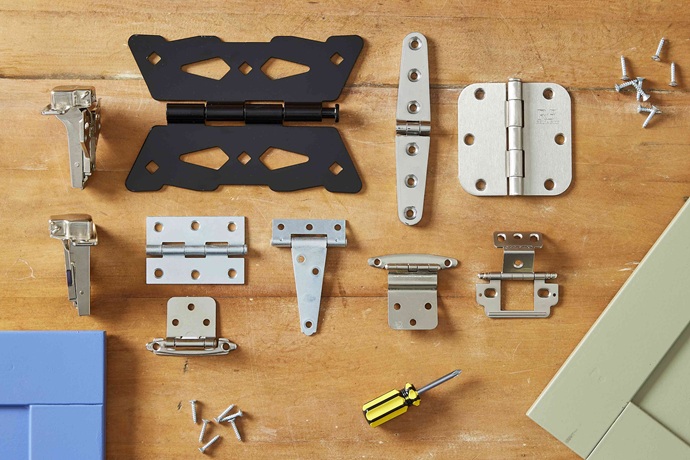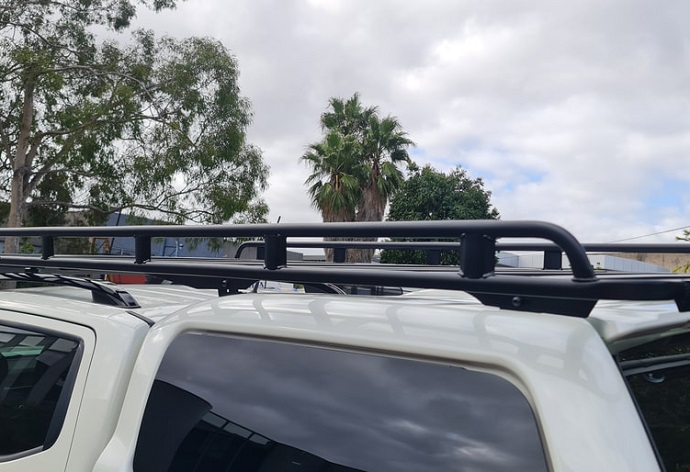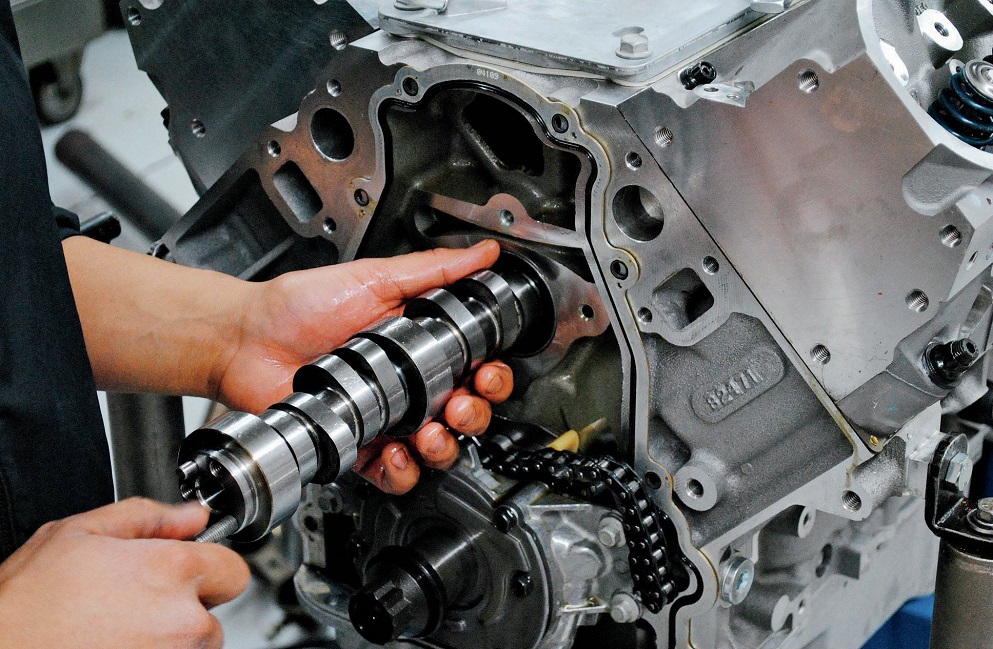Your car’s cooling system plays a crucial role in its operation. Its job is to cool the engine down when it reaches a high temperature, and also to circulate the water that passes through the radiator, which helps to cool the car’s internal parts.
The cooling system consists of three main components; the radiator, the fan and the coolant (antifreeze). In this article, I will explore how these different parts work together, what can go wrong with them, and also offer some tips on how you can increase your car’s life expectancy when it comes to its cooling system.
The Radiator – The Cooling System’s Main Component
The radiator is the main component of cooling for cars. Its job is to cool down the engine’s hot fluids and circulate them throughout the rest of the system via pipes, which carry cool water from the bottom of the tank to the top. The heat that is transferred from the liquid in the radiator, gets absorbed by aqueous solution and then dissipated through tiny holes in the radiator’s core. This process is known as convection.
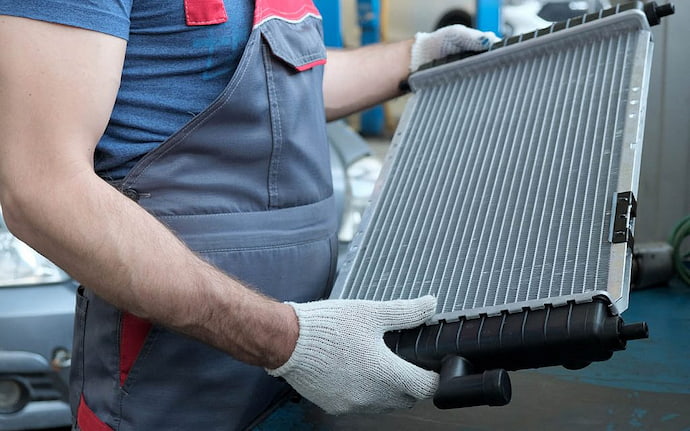
The Fan – Cooling Your Car Down and Keeping it Cool
The fan is an important component of any car’s cooling system. Its job is to keep circulating the liquid that has been pumped into the engine, which helps to cool down its various parts. The fan is connected to a belt drive, which turns it when the engine is running. When the car starts up, the fan will begin spinning very quickly, in order to cool down the engine as quickly as possible.
Antifreeze – The Cooling System’s Lifeblood
Without antifreeze, your cooling for cars system would not be able to function properly. It is what keeps everything moving and also helps to prevent freezing when temperatures get too low. The most common type of coolant used today is a mixture of water and ethylene glycol (which is found in windshield washer fluid). This solution can withstand temperatures between -34 degrees Fahrenheit and boiling water.
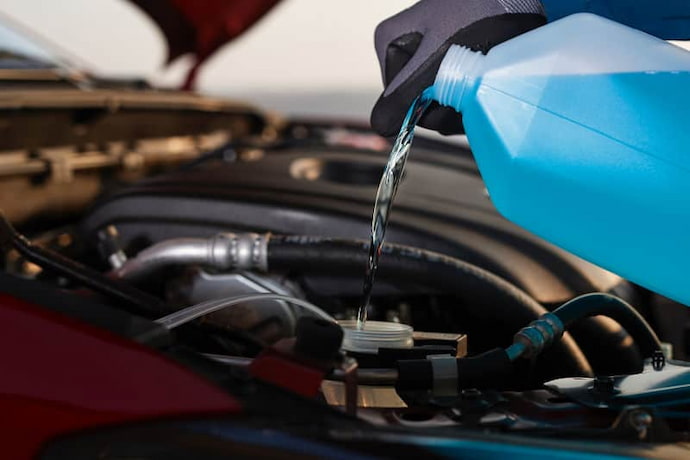
Preventing Cooling System Problems
There are a few things you can do to prevent your car’s cooling system from having problems, as well as reduce the costs of having them repaired if they do occur. For example:
- Make sure that all the hoses in your coolant system are securely attached to the radiator and other parts of the engine block. Common places for them to leak are where they connect to their respective pipes and also where they connect to the engine itself.
- Get your car regularly serviced by an experienced mechanic, who knows what to look for when it comes to cooling system problems. For example: if you have a temperature warning light come on in your car’s dashboard, get it looked at right away – this is often a sign that there is something seriously wrong with your car’s cooling system.
- Check your coolant levels once every two weeks or so. If they are low, add more coolant to bring them back up to where they should be. If you do not know how to do this yourself, get someone who does know how to do it, do it for you.
- Check the condition of your radiator and hoses every once in a while. If they are looking worn out or damaged, replace them immediately. It is better to be safe than sorry when it comes to something as important as your car’s cooling system.
If you follow these tips, you should be able to prolong the life of your car’s cooling system. When it does start having problems, get them looked at as soon as possible – this will help prevent things like expensive engine block repairs from becoming necessary.
Cooling System Repair
How to Fix a Leaky Radiator
If you have ever owned or worked on cars before, then you probably know that the cooling system is one of the most important systems on your vehicle. Without proper cooling, your engine can overheat and cause all kinds of problems. In this article we will cover how to fix a leaking radiator in order to prevent any future problems with it.
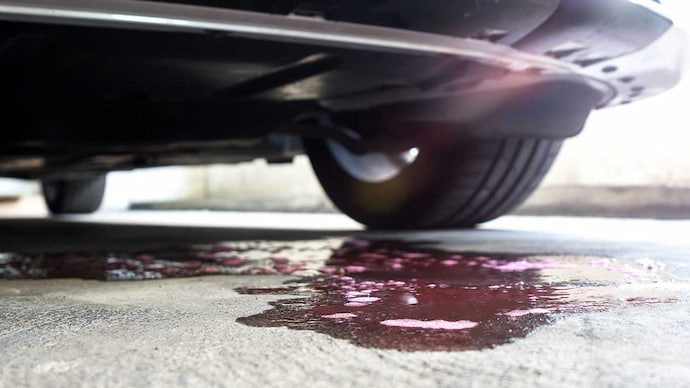
What Causes Radiators to Leak?
There are several different things that can cause radiators to leak, but for this article we will be focusing on one specific type; cracked welds. Cracked welds are caused by over-tightening or from impact damage that causes the radiator to crack and leak. In either case, this is an easy problem to fix as long as you know what parts are involved in the leaking area of your vehicle’s cooling system.
What Parts Make Up The Cooling System?
The first thing you need to do when fixing a radiator is figure out exactly what parts make up the cooling system on your car. The easiest way to do this is to look at a diagram of your specific vehicle. Now that you know what parts make up the cooling system, we can begin to diagnose where exactly the problem is coming from.
Diagnosing The Leak
The first thing that you want to do when diagnosing a radiator leak is to look at the coolant level in your tank. If it is low, then there is a chance that your car’s cooling system has some type of leak. Next, disconnect one of the hoses from the radiator and run some water through it. If the leak is coming from the hose, then the water will squirt out of the end in a steady stream. If the leak is not coming from the hose itself, then you will notice that there are drops of coolant on the outside of the hose.















